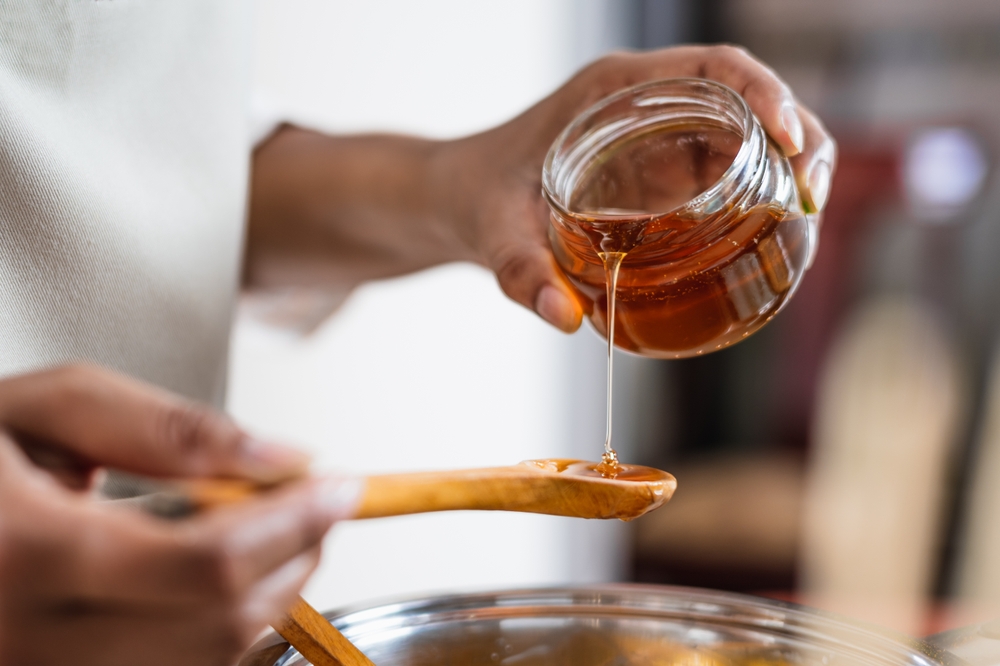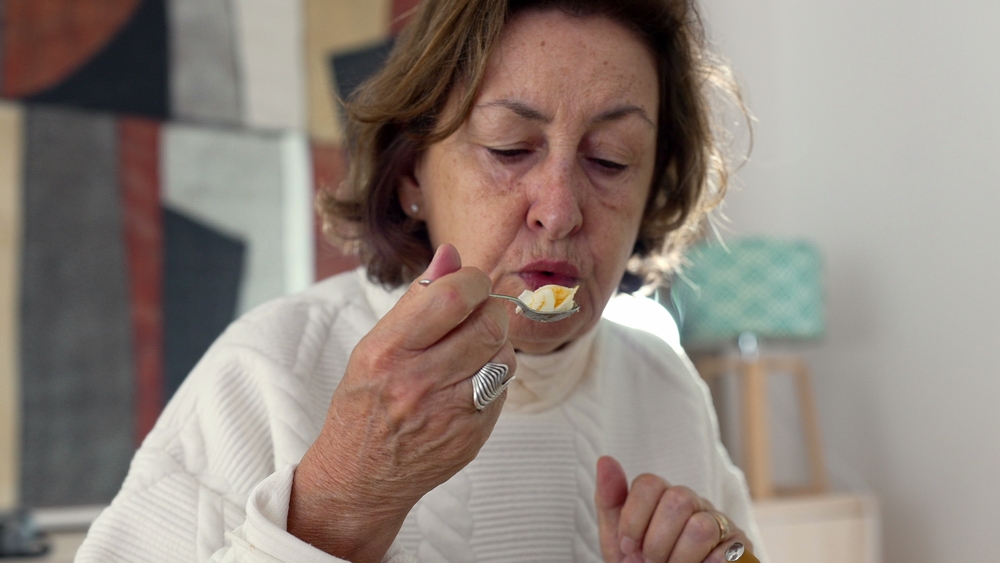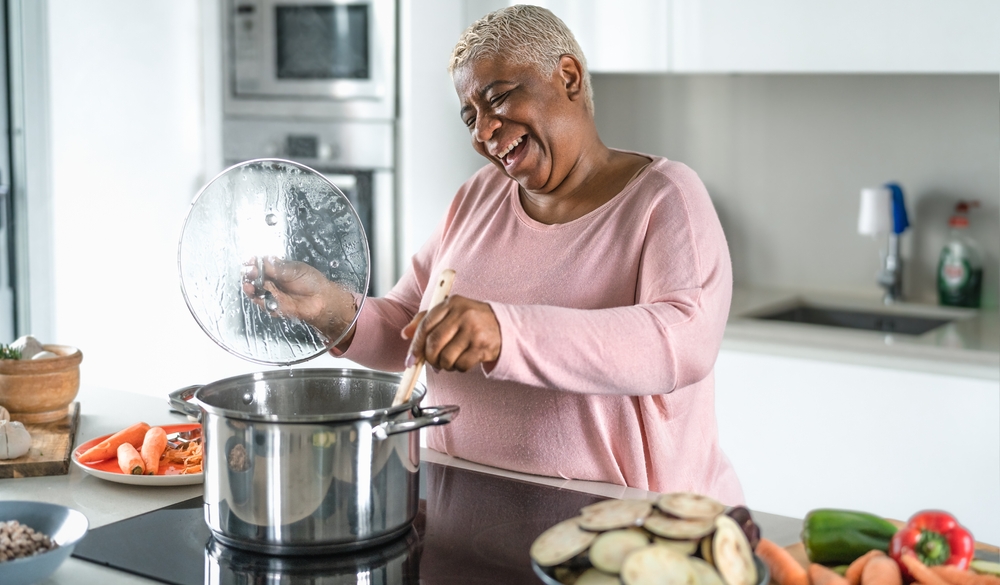Is Raw Honey Safe for Elderly?
Category:

Raw honey is known for its numerous health benefits, but is it safe for our aging loved ones to eat? In this blog, we will explore ways honey can assist seniors in achieving and maintaining their overall health.
Is Raw Honey Safe for Elderly Adults?
Yes, raw honey is safe for elderly adults. The only age group for whom honey is unsafe is children under the age of one, as they do not have enough of an immune system yet to fight any potential bacteria in the honey. Otherwise, honey provides considerable benefits for people in most other age groups.
What is the Difference Between Raw and Commercial Honey?
Raw honey differs from commercial honey in that it has yet to go through the pasteurization process. It is not filtered, so while it does not have the smooth golden look of honey you usually find in grocery stores, it maintains many nutrients and enzymes that filtration otherwise removes.
The Benefits of Eating Raw Honey
Raw honey is highly beneficial in managing seasonal allergies, especially when locally sourced. The bees ingest the same pollen that will make you sneeze in April and May. You can build immunity to those allergens when you eat local honey starting a few months before allergy season. It won’t replace your allergy medicine, but it can help reduce symptoms and provide relief.
The anti-inflammatory properties in honey can help soothe a cough or sore throat, which is why you may be reaching for honey to put in your tea when you are feeling ill. Honey also acts as a natural sweetener, a healthier alternative to sweeten your tea in place of processed white sugar.
Honey can even be used for wound or burn care. Honey releases hydrogen peroxide through an enzymatic process and has antiseptic properties. A bit of honey on a small burn or cut can help with pain relief and healing.
Download Our Healthy Aging Diet Guide
Does Honey Help with Anxiety?
Recent studies in rats show a significant reduction in anxiety after consuming honey. A spoonful of honey with some cinnamon for added flavor can help you calm down in a particularly anxious moment. (It helps that sweet things generally help us feel happier). Adding some honey to your chamomile tea in the evenings can also help promote restful sleep.
The Connection Between Honey and Alzheimer’s
This article has been singing the praises of honey, so you might think suggesting honey can help treat Alzheimer’s is getting carried away. To convince you, here is a super fast science lesson:
- Acetylcholine is a chemical in the body critical as a neurotransmitter and plays a role in memory, learning, attention, and involuntary muscle movement. Lack of acetylcholine is a cause of Alzheimer’s.
- Cholinesterase inhibitors are drugs or other medical treatments which help to prevent the decay of acetylcholine.
Honey is a great source of cholinesterase inhibitors, preventing the decay of acetylcholine and improving memory function and brain health. Honey is also full of antioxidants and anti-inflammatories, both crucial for brain health. So while taking honey for dementia may not cure it, it can have a positive effect.
Overall, there are only benefits to eating raw honey (unless you are allergic to bee pollen). So enjoy a spoonful when you need a sweet treat, or add it to your tea the next time you can.
Subscribe
Date: 2023-07-11
Category:


